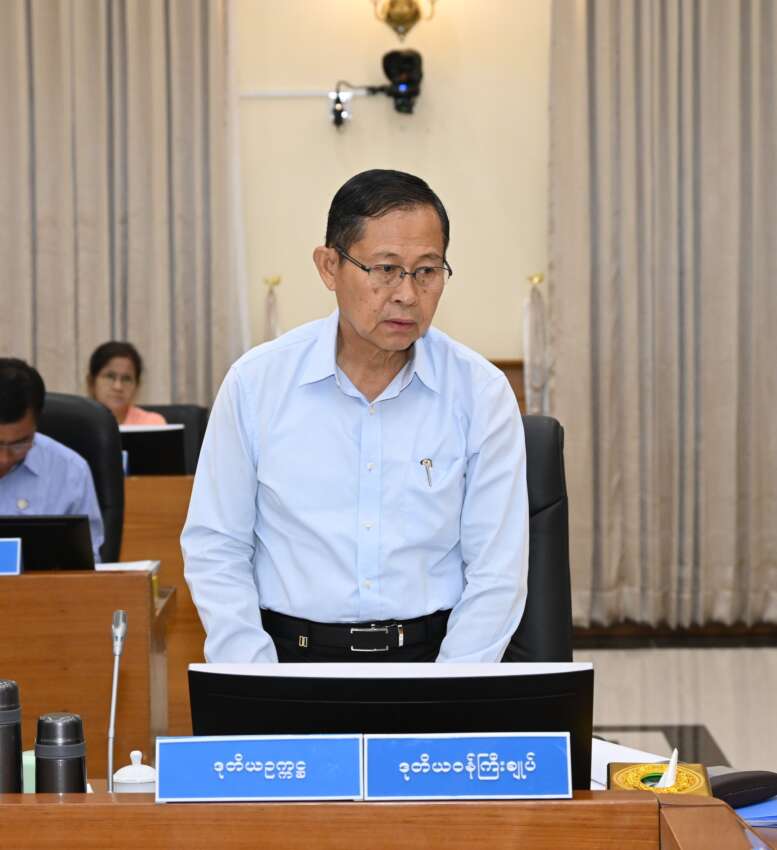
The military council’s deputy leader Soe Win has announced that any organization planning to conduct earthquake relief operations in central Myanmar, following the March 28 earthquake, must obtain prior permission and can only operate in coordination with the military council. This statement was made during a special military council meeting in Naypyidaw. He emphasized that no relief organization would be allowed to operate independently.
According to Soe Win, relief organizations must seek advance permission and can only operate in conjunction with relevant authorities. He further stated that chief ministers of regions and states must ensure that any relief organizations and NGOs arriving in their respective territories can only operate in coordination with their relief teams. This policy directive effectively places strict controls on humanitarian assistance efforts in earthquake-affected areas.
The United Nations Human Rights Office released a statement on April 4 reporting that the military council has been restricting humanitarian aid to earthquake-affected areas, particularly targeting civilians who oppose the military coup. The statement revealed that since the March 28 earthquake, the military has conducted 53 attacks, including airstrikes, with 16 of these attacks occurring after the military council’s announced ceasefire on April 2. This demonstrates a clear pattern of obstruction and violence against humanitarian efforts.
Within the country, relief organizations report that earthquake victims in Sagaing and Bago regions are unable to receive humanitarian assistance due to military council restrictions and security concerns. Private donors and local humanitarian groups are only permitted to provide aid in military-controlled areas of Sagaing city, while access to revolutionary-controlled areas outside the city is blocked by the military. Similarly, humanitarian aid delivery to earthquake-affected areas in Thone Pine, Oktwin, and Taungoo townships in the Bago region faces military restrictions. Local relief workers have reported that the military prevents the transportation of essential supplies such as rice, oil, and salt beyond city limits, forcing aid organizations to leave their supplies in urban areas under military control.



